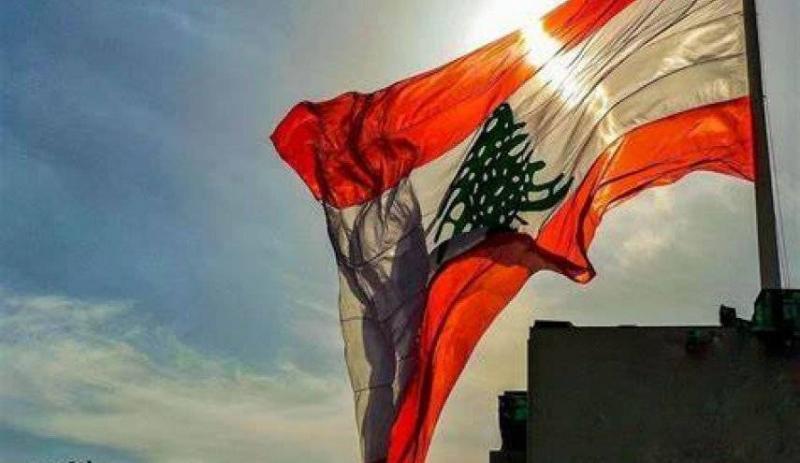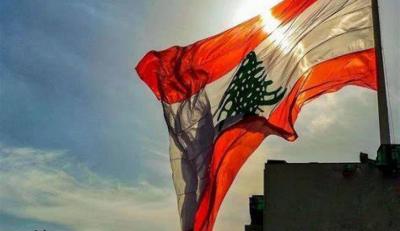Hours before the scheduled mandatory parliamentary consultations, if there are no delays, uncertainty prevails regarding the positions of the parliamentary blocs that have chosen not to reveal their choice for the designate president until the consultations or just a few hours before. There are no public positions or circulating names. Parliamentary sources indicated to "Al-Anbaa" electronic news that President Najib Mikati still enjoys clear support from the Shiite duo and their allies, and there is a possibility of his designation by other blocs, including the northern deputies' bloc and others. In light of what will be announced by the sovereign blocs and independent deputies, the name of former ambassador Nawaf Salam emerges as one of the proposed options.
In this context, member of the Strong Republic bloc, MP Nazih Metri, stated in an interview with "Al-Anbaa" that the bloc will hold a meeting on Wednesday to make an appropriate decision, noting that the bloc’s approach is known and falls within specific criteria, expecting to announce the name of the individual they will designate after the meeting. Regarding the type of government requested by the Forces, Metri said: "We had hoped for a majority government, but the current composition of the parliament makes it difficult to impose a majority, so we prefer a government of independents or technocrats, as the majority is still unclear."
Regarding the ongoing communications with allied blocs to head into the consultations with a unified stance, Metri revealed that efforts are still ongoing and communication is continuous, hoping to reach a positive outcome before the consultations, at least to provide a glimmer of hope for the people who dream of change. Former MP Ali Darwish mentioned through "Al-Anbaa" that the formation of the government this time has a unique specificity, noting that "President Mikati is not desperate to form the government, but at the same time he has a clear presence in the political arena as one of the prominent figures for this position, and let the deputies decide."
In response to a question about the communications being conducted by Saudi Ambassador Walid Bukhari with Sunni deputies, he indicated that "what is happening falls under idea gathering and the communications include several parties, and soon the scale of these communications and their purpose will be revealed."
At the same time, the living crises remain as they are and are expected to worsen further, particularly in the fuel sector. What is the truth about what this sector is experiencing? Fadi Abu Chakra, representative of fuel distributors, reassured that "there is no fuel crisis at the moment," revealing through "Al-Anbaa" that "the cause of the crisis was the failure to unload a tanker for one of the companies due to non-compliance with specifications. After that, another tanker arrived and unloaded its cargo immediately; gasoline was available at some companies while others had no stock. Since yesterday morning, we began distribution across Lebanon and there is no crisis," attributing the confusion experienced to "rumors circulated by some claiming that fuel stations wanted to collect the price of gasoline in dollars rather than at the official rate of 24,900 LBP per dollar. The Lebanese citizen who receives his salary in Lebanese pounds cannot pay in dollars; this creates confusion among citizens and fuel distributors." He warned that if this occurs, it could lead to a rise in the dollar and a lack of regulations, resulting in a chaotic situation.




